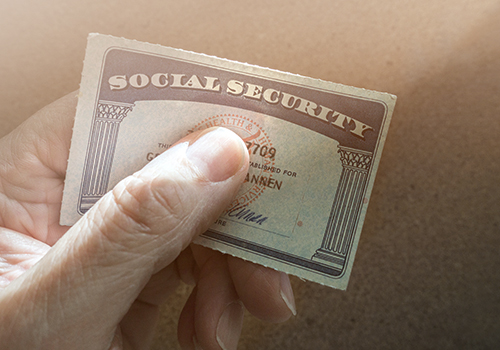Expert Advice on When It’s Okay to Share Your Social Security Number — and When to Keep It a Secret

Originally developed as a way to help administer government retirement and disability benefits, Social Security numbers (SSN) are now widely used as a form of identification. Those crucial nine-digits are needed if you want to apply for a new credit card, buy a new car or house, or even get paid. A CNET report says because Social Security numbers are now commonly used for authentication, they are a prime target for hackers.
To help protect you from identity theft, the report shared some of the situations noted below of when it’s okay to share your Social Security number, and when you should keep it a secret.
When to Share Your SSN: You will need to reveal your Social Security number when applying for a loan or line of credit. This often includes cell phone providers, because those contracts are considered a type of line of credit. Government agencies, like the IRS, may also need your Social Security number.
When NOT to Share Your SSN: Do not give out your personal information over the phone or by email. Scammers are notorious for trying to trick you by posing as “official” agencies. If you are not initiating the call, do not reveal your Social Security number. Experts say don’t be afraid to question why you are being asked for your number. Often times it is not necessary, such as a gym membership.
If you think you’re the victim of identity theft using your Social Security number, report the incident to the Federal Trade Commission and your local police department.
The Seniors Trust is committed to helping protect Social Security and that includes providing important information to seniors on how to prevent Social Security scams. We also want Congress to pass The Social Security Expansion Act. It will give retirees an immediate benefits increase of about $65 a month, a fair annual COLA, increased minimum benefits, and will ensure the long-term solvency of the Social Security program.



